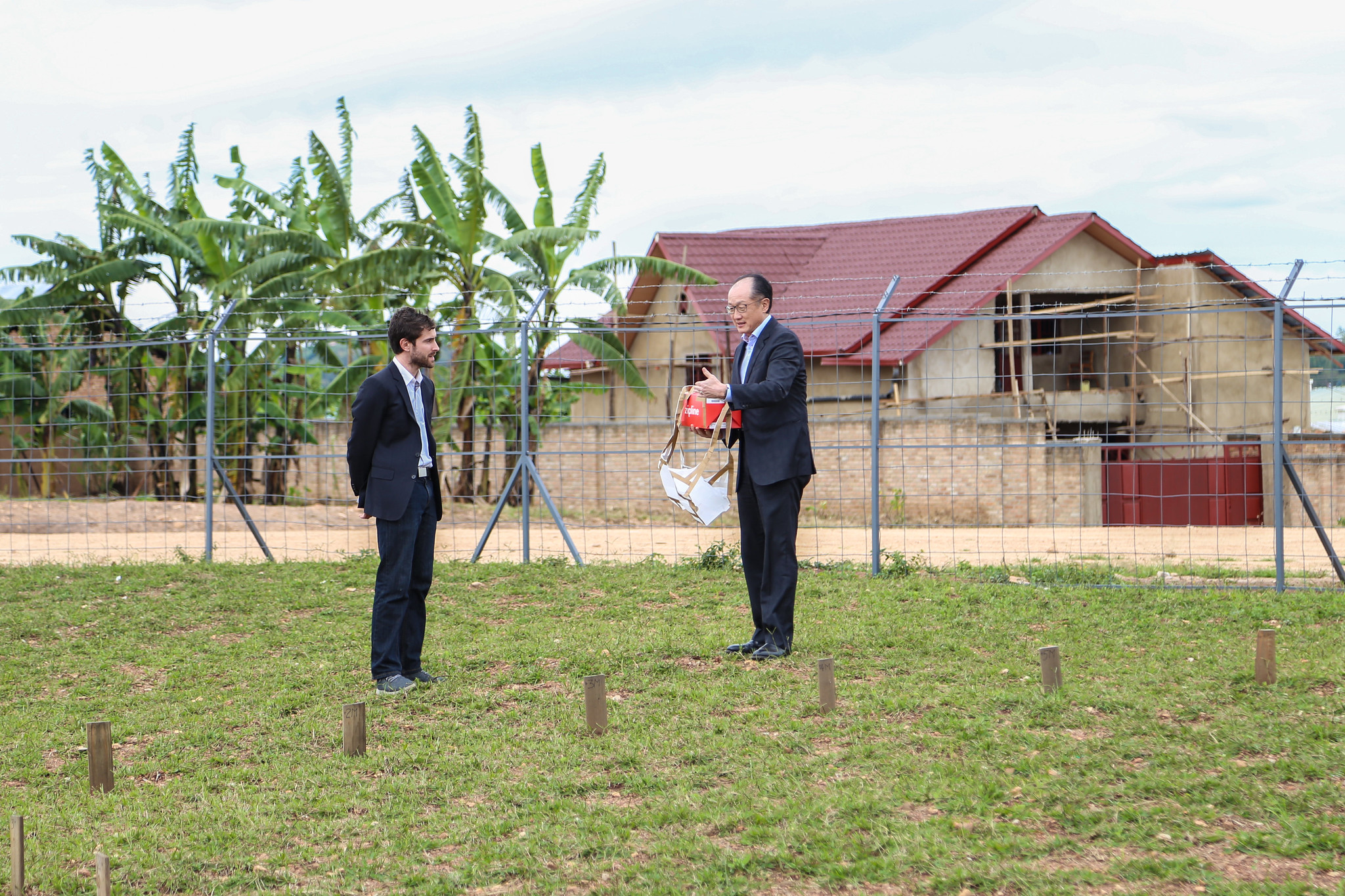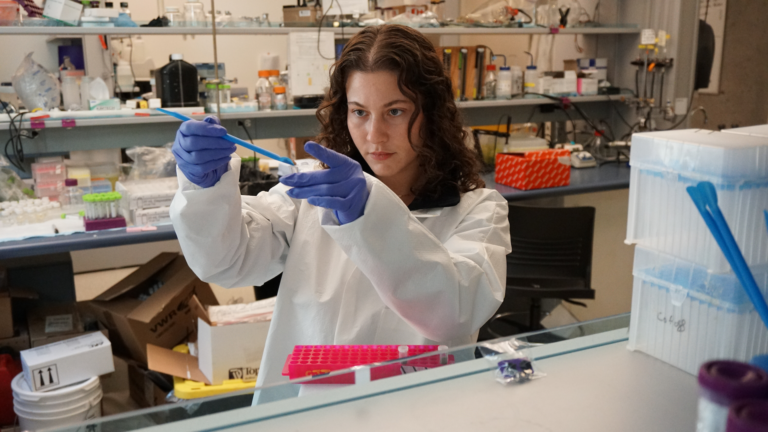Drones get blood to patients faster—and reduce waste
Using drones instead of ambulances for emergency delivery of perishable blood products in Rwanda resulted in blood arriving for transfusions 79 minutes faster on average.

In 2016 Rwanda became the first known African country to integrate drone deliveries into its healthcare system.
Using drones instead of ambulances for emergency delivery of perishable blood products in Rwanda resulted in blood arriving for transfusions 79 minutes faster on average. It also reduced the number of wasted blood units by two-thirds.
Why Rwanda?
In 2016 Rwanda became the first known African country to integrate drone deliveries into its healthcare system. Researchers from the University of British Columbia’s school of population and public health collaborated with researchers in Rwanda to analyze outcomes from more than 12,000 deliveries over four years. Their findings appear today in The Lancet Global Health.
Why does it matter?
Prompt delivery of blood can save lives of people who need transfusions for postpartum hemorrhage, severe malaria or traumatic injuries, for example, but don’t live near a proper blood-storage facility. In Rwanda, only a few facilities collect and store blood.
Drone delivery is being explored as a potential healthcare solution for remote regions around the world. Most studies to this point have focused on feasibility. This is one of the first to measure actual outcomes.
What’s next?
Researchers want to determine whether drone delivery improves health outcomes and is ultimately cost-effective, and explore its potential for transporting other perishable health products like drugs.
Interview language(s): English



